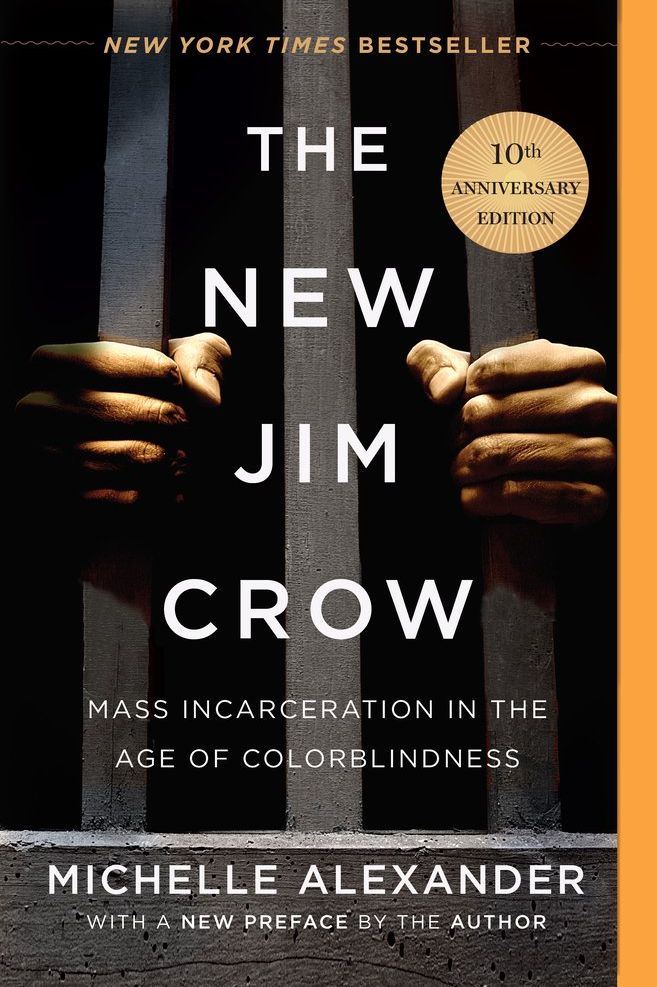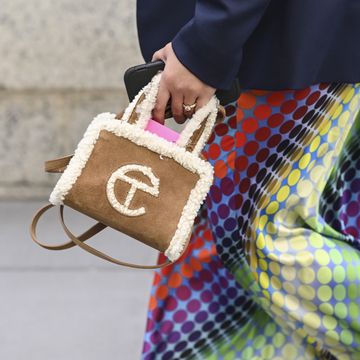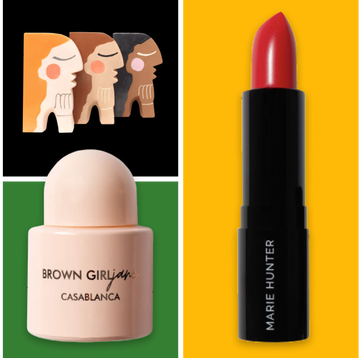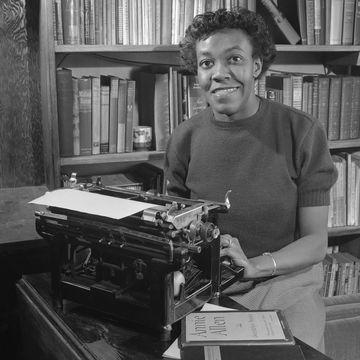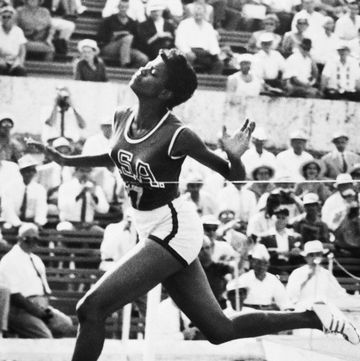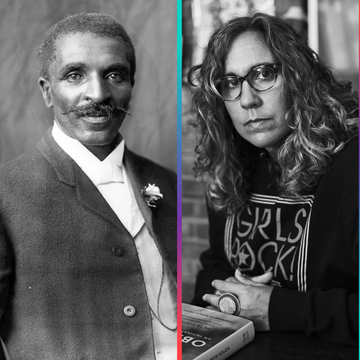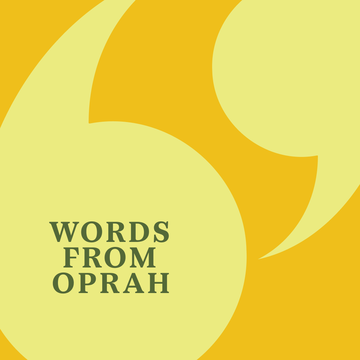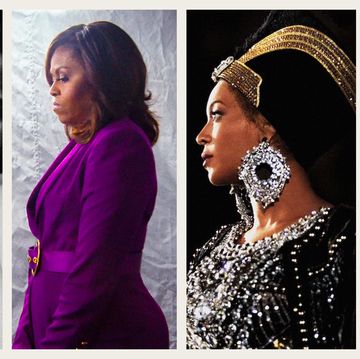30 Civil Rights Leaders of the Past and Present
We’ll feel their impact for generations to come.

Our editors handpick the products that we feature. We may earn commission from the links on this page.
When you're asked to think of vital Black American civil rights leaders, it’s likely that Dr. Martin Luther King, Jr., instantly comes to mind—and why wouldn’t he? Throughout the 1950s and 60s, the civil rights hero was an unparalleled pillar of strength for African Americans in the nonviolent fight toward equality and the end of legal segregation in the United States. It’s clear that understanding his work—from his arrests to his demonstrations to his unforgettable words of wisdom—is key to having a clearer picture of American history.
But he’s not the only figure we should actively learn about. Many figures preceded him, stood beside him, or came after him and toiled in his memory, making it their priority to fight for the freedom of all Black Americans against all odds. Although you may recognize a few of these names from the pages of your history books or Black History Month lessons, others may turn out to be welcome discoveries—like hidden figures of our time. You may already know the rest as critical voices of the present moment who work to ensure we'll never forget that #BlackLivesMatter. While their collective work spans various decades, they all have something in common: We'll continue to feel their impact for generations to come.
Here are some highlights from the illustrious careers of numerous civil icons, including: W.E.B. Du Bois, Dorothy Height, John Lewis, Ibram X. Kendi, and Ruby Bridges.

McKenzie Jean-Philippe is the editorial assistant at OprahMag.com covering pop culture, TV, movies, celebrity, and lifestyle. She loves a great Oprah viral moment and all things Netflix—but come summertime, Big Brother has her heart. On a day off you'll find her curled up with a new juicy romance novel.
Jane Burnett is an Assistant Editor at Oprah Daily, where she writes a variety of lifestyle content for the editorial team. She's a journalist with a pop culture sweet tooth—when she isn't catching up on celebrity news, she's usually listening to a podcast! Jane was previously an on-air reporter in local news, and worked at Thrive Global, Ladders News, and Reuters. She also interned at CNBC through the Emma Bowen Foundation, and is a member of the National Association of Black Journalists (NABJ).
Watch Next
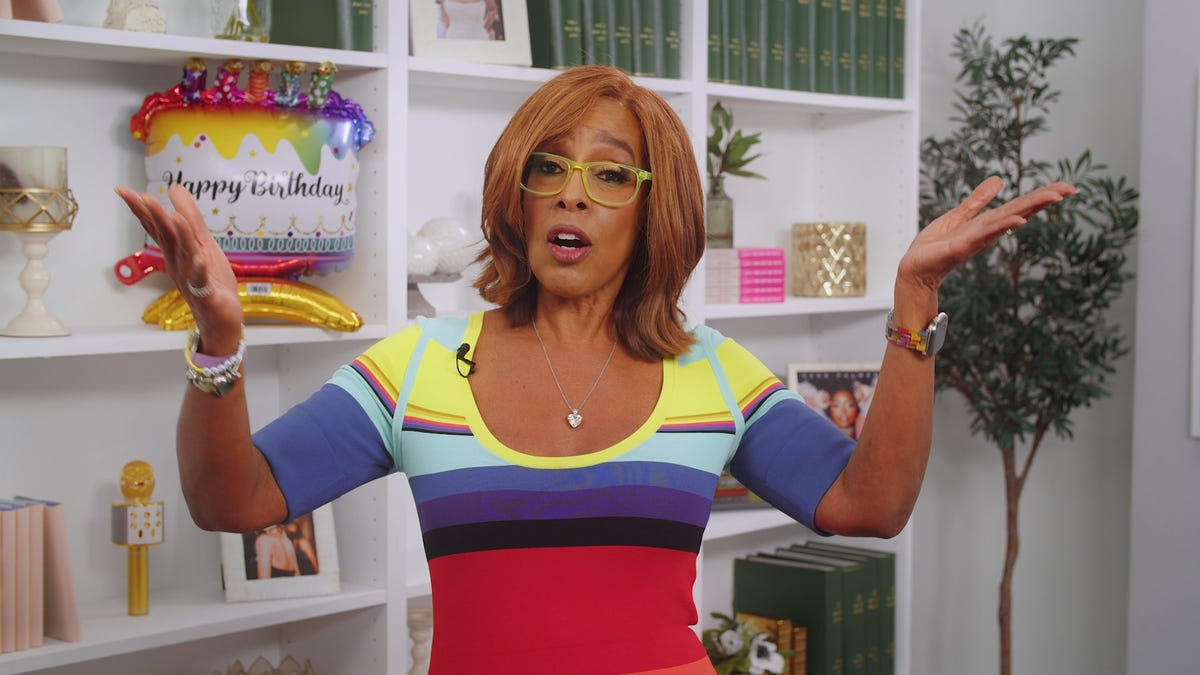

31 Black-Owned Skincare Brands for Women and Men
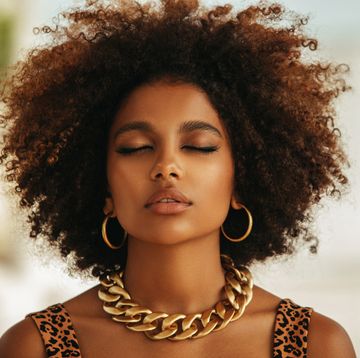
40 Black-Owned Jewelry Brands to Support

18 Black-Owned Beauty Brands to Shop Now
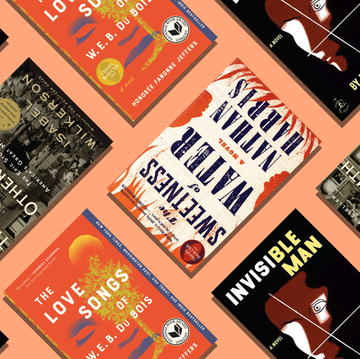
25 Books to Read by Black Authors














